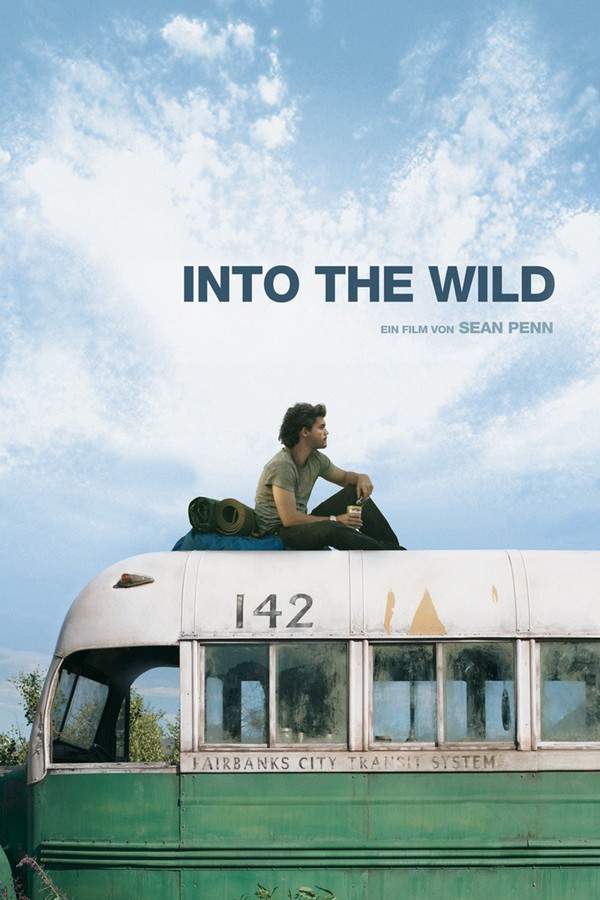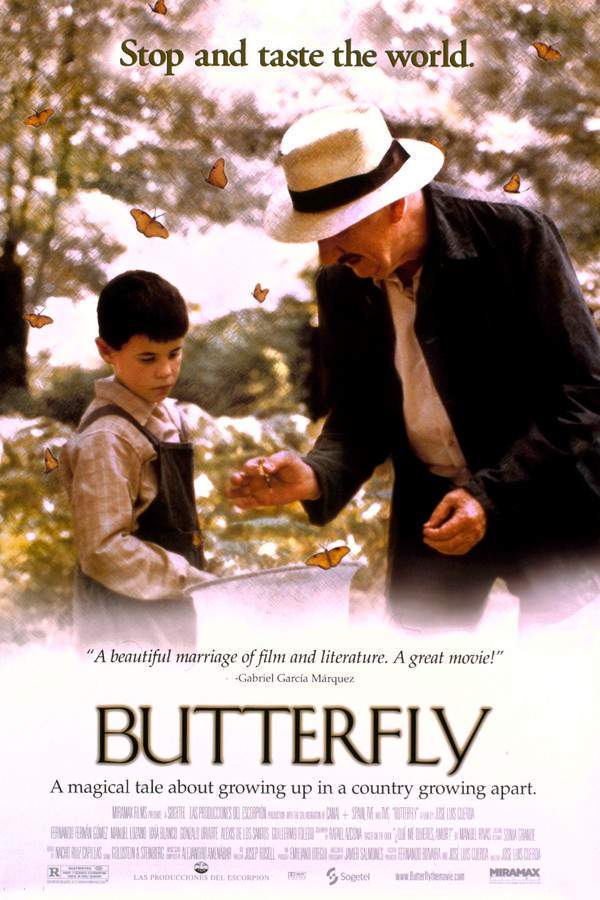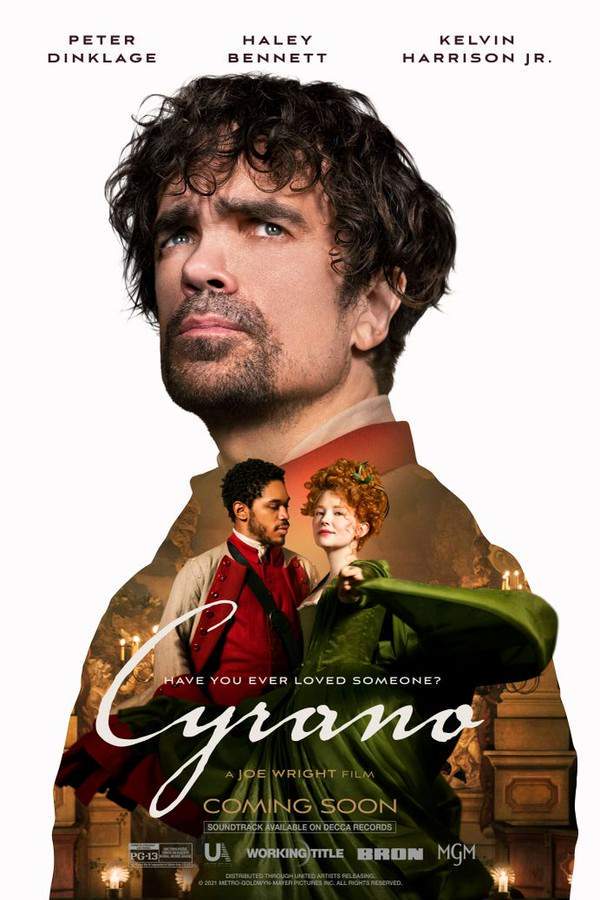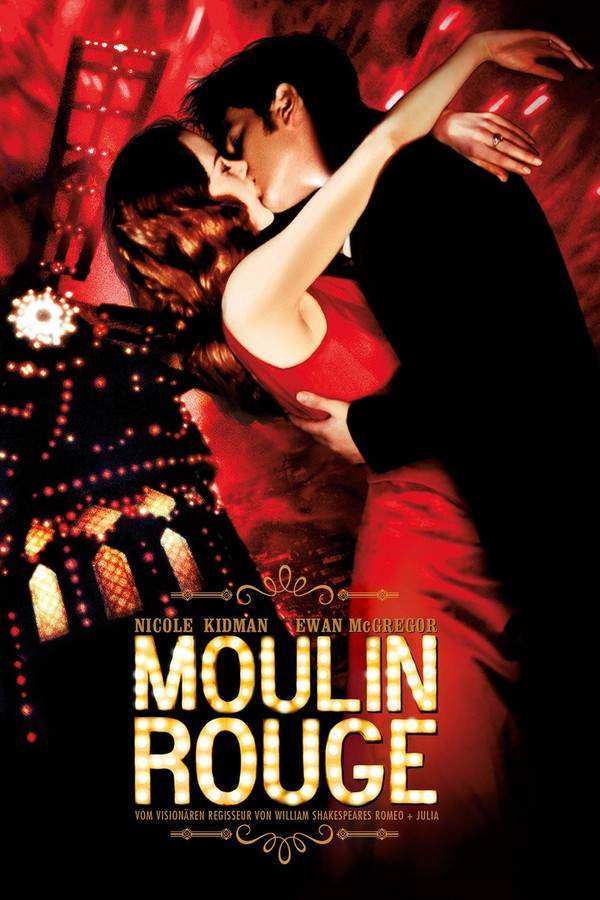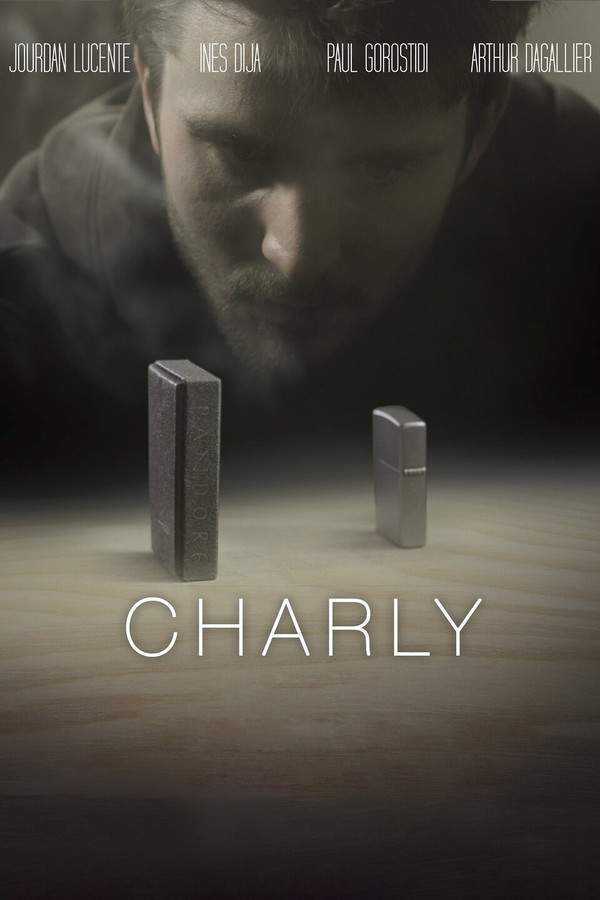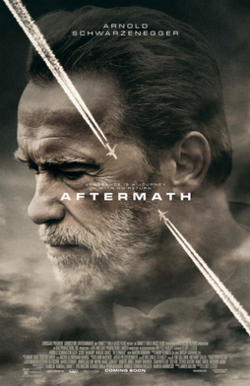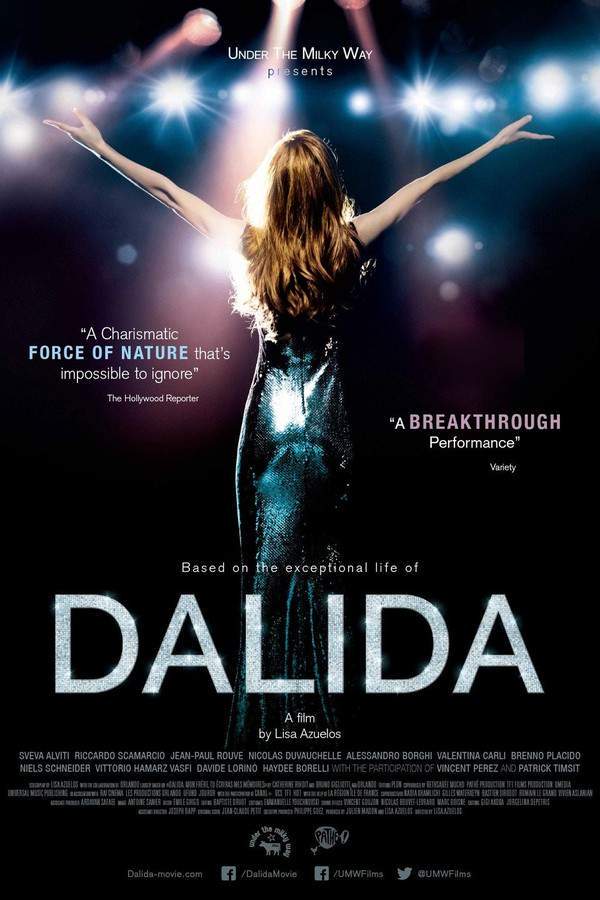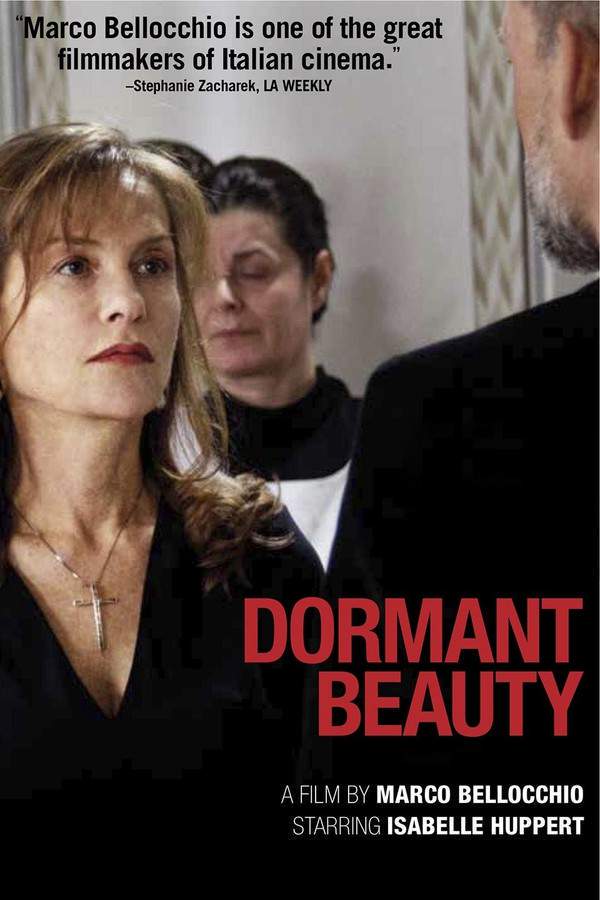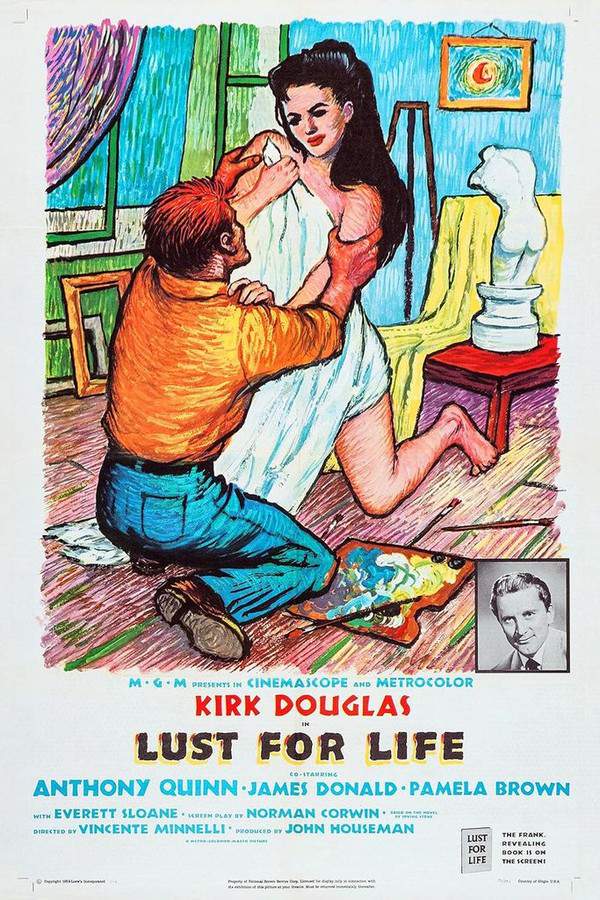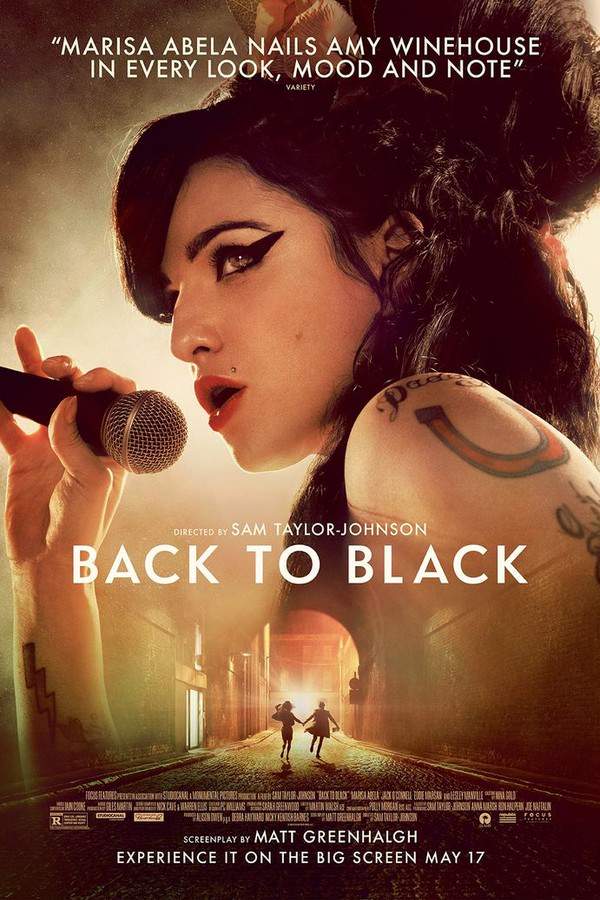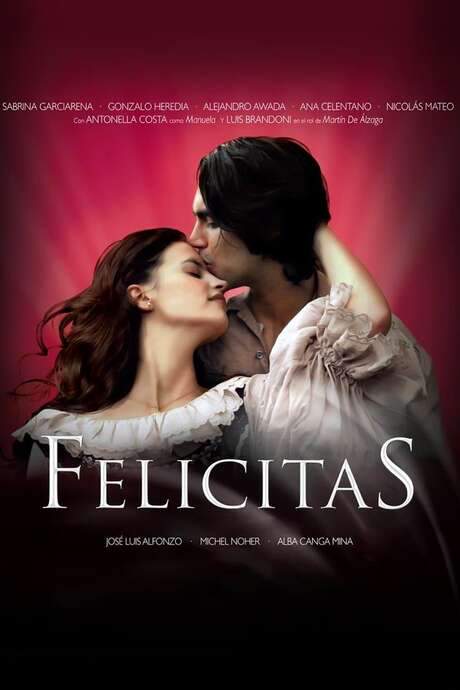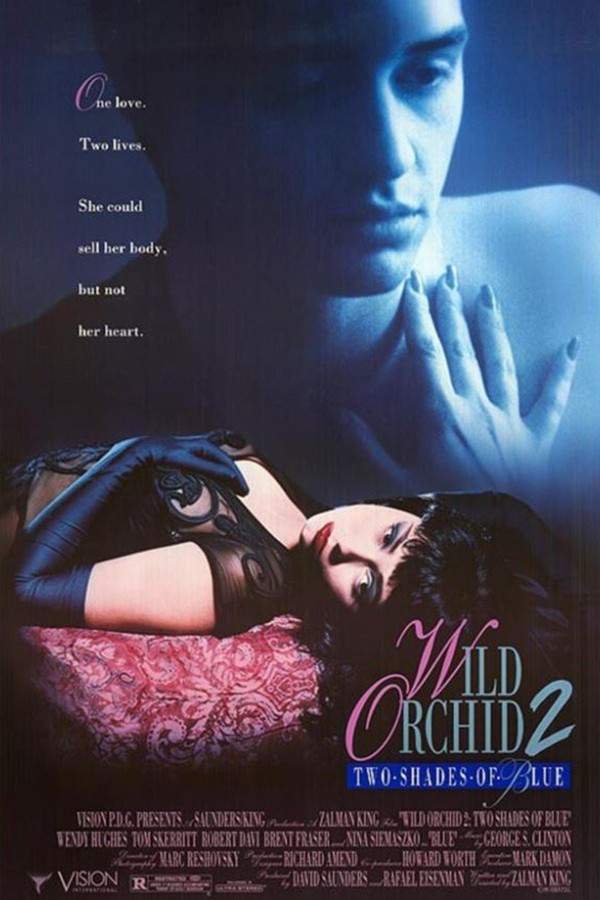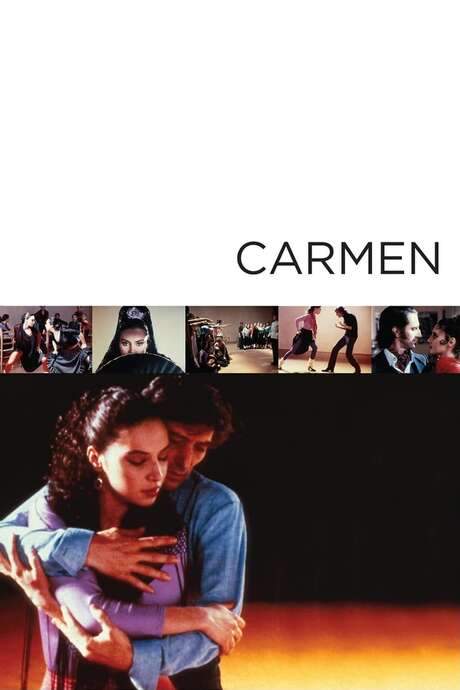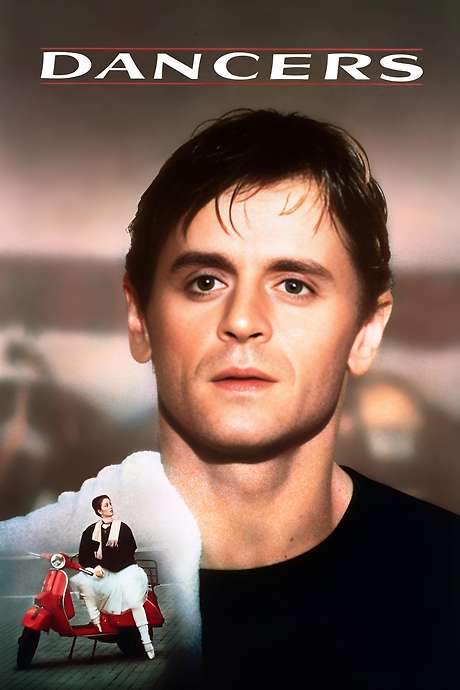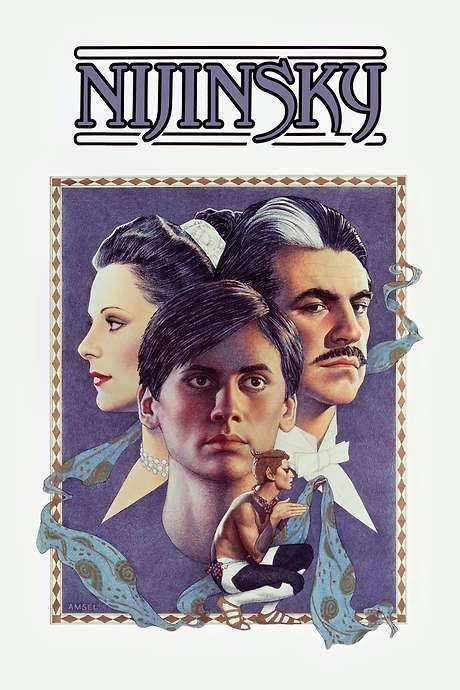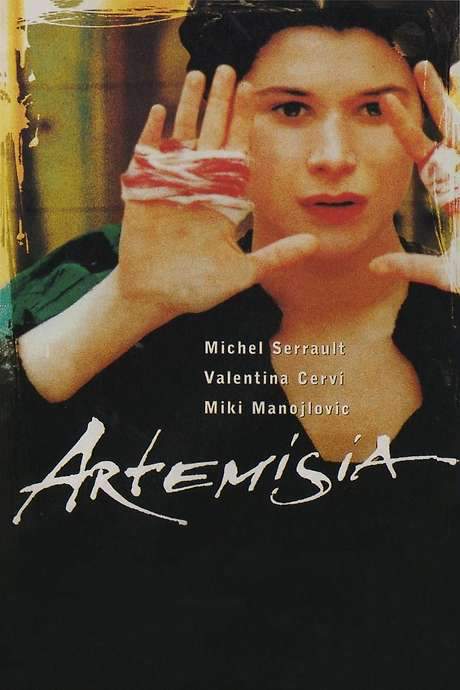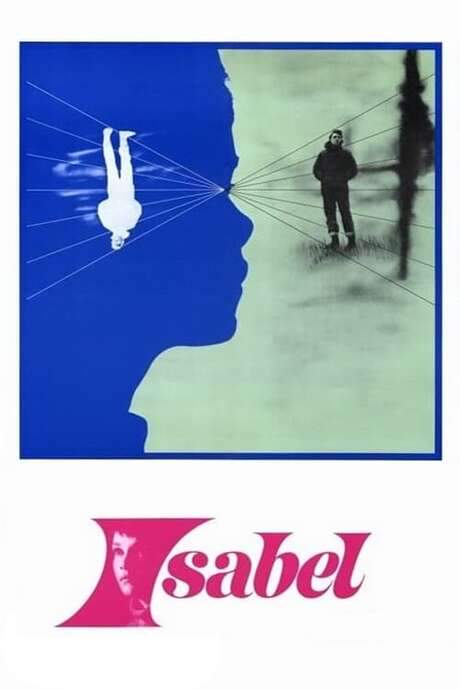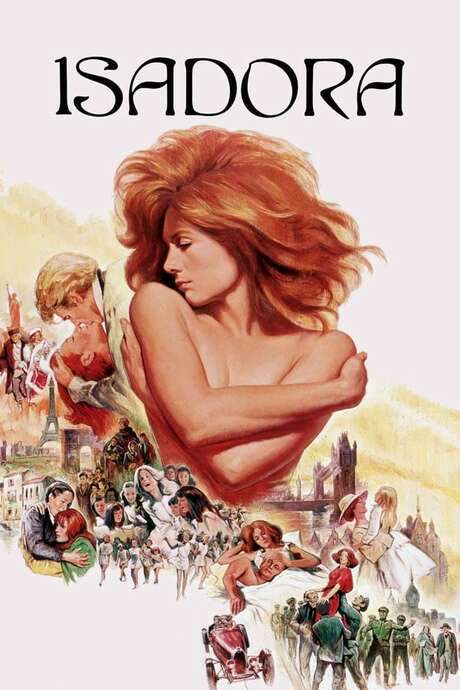
Isadora
Year: 1968
Runtime: 131 mins
Language: English
Director: Karel Reisz
An expansive biography of pioneering dancer Isadora Duncan, the 1920s icon who reshaped ballet with her free‑flowing style. It examines her bold, often nude or semi‑nude performances, her pro‑Soviet projects and her outspoken views on free love, debt, dress and lifestyle, all of which scandalized the public of her era.
Warning: spoilers below!
Haven’t seen Isadora yet? This summary contains major spoilers. Bookmark the page, watch the movie, and come back for the full breakdown. If you're ready, scroll on and relive the story!
Isadora (1968) – Full Plot Summary & Ending Explained
Read the complete plot breakdown of Isadora (1968), including all key story events, major twists, and the ending explained in detail. Discover what really happened—and what it all means.
Isadora Duncan, Vanessa Redgrave, stands in 1927 as a legend of modern dance—volatile, iconoclastic, and a tireless advocate of free love—even as poverty gnaws at her. Now past forty, she huddles in a small hotel on the French Riviera with her companion Mary and her secretary Roger, dictating the memoir that will frame a life lived in defiance of convention. The film traces a journey from a California childhood to a globe-trotting artist whose every choice challenges society’s expectations, self-made and unafraid to burn bridges in pursuit of art.
As a girl, she challenges domestic norms, burning her parents’ marriage certificate and pledging herself to art and beauty. In Chicago, 1896, she performs under the banner Peppy Dora in a rambunctious music hall, so fearless that she persuades the theater manager to pay her $300 so she can take her family to England. Her early resolve—dance as a form of truth—takes shape against the backdrop of a crowded stage and enraptured audiences, foreshadowing a career that will redefine movement itself.
Her rising fame travels with her into Berlin, where she meets her first great muse, Gordon Craig, James Fox, a gifted stage designer who promises to help birth a new theatre. After bearing a daughter to the already-married Craig, she moves on to Paris and is welcomed by Paris Singer, a wealthy patron who lavishes gifts and eventually buys her a vast estate to open a School for Life, where beauty and simplicity become guiding tenets of her craft.
The arc intensifies with the birth of a son, and Isadora returns to England with Singer. Yet the quiet domestic life soon feels constraining, and she rekindles an affair with her pianist Armand, Christian Duvaleix. The film darkens as tragedy strikes: both of her children die in a chauffeur-driven car accident that plunges into the Seine. Crushed by grief, she abandons Singer and wanders across Europe, a path that leads toward new opportunities and renewed purpose, including a chance to open a dancing school in the Soviet Union.
In the Soviet Union, she discovers a different rhythm of life, gaining a strong rapport with the peasantry and beginning a passionate affair with Sergei Essenin, a volatile poet whom she eventually marries so he can secure a visa to accompany her to the United States. Essenin’s uncontainable behavior destabilizes public appearances, and U.S. sentiment toward the dancer shifts dramatically after she bares her torso during a Boston performance, a moment that becomes a flashpoint in her controversial career. After the marriage dissolves, she returns to the Riviera to gather her thoughts and write, but she remains restless, selling off possessions to fund a new school in Paris.
Back on the move, she slips into a moment of celebration at a coastal cafe and notices Bugatti, a dashing Italian admirer she has pursued for days. They set off on a sea-kissed drive along a winding road, where a long scarf becomes tangled in the car’s spokes, and Isadora’s life ends in a dramatic, emblematic finale.
Throughout, the film frames not just a sensational performer, but a woman who repeatedly rewrites the rules of art and love, forging a path that is as controversial as it is illuminated. The story blends intimate scenes with public spectacles, capturing the intoxicating pull of a legend who believed that movement could alter perception and that beauty should be accessible to all, even as it cost her dearly.
Last Updated: October 07, 2025 at 08:55
Explore Movie Threads
Discover curated groups of movies connected by mood, themes, and story style. Browse collections built around emotion, atmosphere, and narrative focus to easily find films that match what you feel like watching right now.
Tormented Artist Stories Like Isadora
Biographical dramas about groundbreaking creators shadowed by personal tragedy.Discover films like Isadora that explore the passionate and often tragic lives of revolutionary artists. If you were captivated by the story of a creator whose genius was intertwined with profound personal loss and societal defiance, these movies offer similar bittersweet and heavy emotional journeys.
Narrative Summary
These films typically follow a linear biographical arc, tracing an artist's rise to fame through their groundbreaking work. The central conflict often arises from the clash between their unconventional lifestyle and a conservative society, with a devastating personal tragedy serving as a pivotal point that shadows their subsequent achievements and ultimate demise.
Why These Movies?
Movies in this thread share a heavy emotional weight, a bittersweet tone, and a focus on the immense personal cost of artistic genius. They are united by themes of creative passion, defying convention, and the inextricable link between great art and profound grief.
Sweeping Biographical Tragedies Like Isadora
Epic biographical dramas where profound personal loss defines a legendary life.Find movies similar to Isadora that are sweeping biographical dramas with a heavy emotional core. If you appreciated the film's steady exploration of a famous life defined by profound loss, these stories offer a comparable mix of historical scope and deep, personal sadness.
Narrative Summary
The narrative pattern involves a steady, often chronological recounting of a famous person's life, establishing their public achievements and personal passions. A central, catastrophic event—such as the death of a loved one—serves as an emotional turning point, casting a long shadow over the remainder of their story and leading to a ultimately sad ending.
Why These Movies?
These films are grouped by their combination of a biographical format, a steady pacing that allows for deep character study, and an overwhelmingly heavy emotional focus stemming from a central tragedy. They deliver a viewing experience that is both historically informative and deeply melancholic.
Unlock the Full Story of Isadora
Don't stop at just watching — explore Isadora in full detail. From the complete plot summary and scene-by-scene timeline to character breakdowns, thematic analysis, and a deep dive into the ending — every page helps you truly understand what Isadora is all about. Plus, discover what's next after the movie.
Isadora Timeline
Track the full timeline of Isadora with every major event arranged chronologically. Perfect for decoding non-linear storytelling, flashbacks, or parallel narratives with a clear scene-by-scene breakdown.

Characters, Settings & Themes in Isadora
Discover the characters, locations, and core themes that shape Isadora. Get insights into symbolic elements, setting significance, and deeper narrative meaning — ideal for thematic analysis and movie breakdowns.

Isadora Spoiler-Free Summary
Get a quick, spoiler-free overview of Isadora that covers the main plot points and key details without revealing any major twists or spoilers. Perfect for those who want to know what to expect before diving in.

More About Isadora
Visit What's After the Movie to explore more about Isadora: box office results, cast and crew info, production details, post-credit scenes, and external links — all in one place for movie fans and researchers.

Similar Movies to Isadora
Discover movies like Isadora that share similar genres, themes, and storytelling elements. Whether you’re drawn to the atmosphere, character arcs, or plot structure, these curated recommendations will help you explore more films you’ll love.
Explore More About Movie Isadora
Isadora (1968) Scene-by-Scene Movie Timeline
Isadora (1968) Movie Characters, Themes & Settings
Isadora (1968) Spoiler-Free Summary & Key Flow
Movies Like Isadora – Similar Titles You’ll Enjoy
Coco Chanel & Igor Stravinsky (2010) Spoiler-Packed Plot Recap
Dancing on Glass (2022) Plot Summary & Ending Explained
Isadora's Children (2020) Story Summary & Characters
Wild Orchid (1990) Full Summary & Key Details
I Am Dina (2002) Spoiler-Packed Plot Recap
The Diaries of Vaslav Nijinsky (2001) Detailed Story Recap
Carmen (1983) Complete Plot Breakdown
Dancers (1987) Spoiler-Packed Plot Recap
Nijinsky (1980) Plot Summary & Ending Explained
Our Dancing Daughters (1928) Ending Explained & Film Insights
I Am a Dancer (1972) Ending Explained & Film Insights
Isadora Duncan, the Biggest Dancer in the World (1966) Detailed Story Recap
Dance, Girl, Dance (1940) Detailed Story Recap
Artemisia (1997) Spoiler-Packed Plot Recap
Isabel (1968) Plot Summary & Ending Explained



